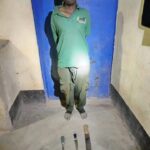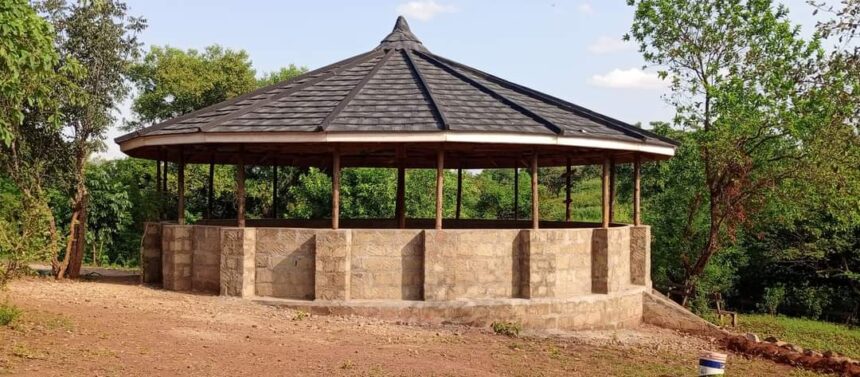The African Movement for Earth Jurisprudence has urged the revitalization of clan ecological governance to strengthen customary laws, instill discipline, and uphold respect in communities.
Drawing from the rich cultural practices of the Tharaka Community, the Society for Alternative Learning and Transformation (SALT – Kenya) has protected and restored 32 critical sacred natural ecosystems in Tharaka since its establishment in 2013. The latest initiative involves the reintroduction of the cultural governance system “Gaaru” in Kithino, Tharaka Nithi County.
Simon Mitambo, Director of SALT-Kenya, explained that Gaaru, traditionally managed by elders with deep ecological knowledge, was central to Tharaka’s governance systems. It provided a community space for individuals to deepen their connection to their roots.
Mitambo emphasized that its reintroduction would complement modern education by fostering discipline and respect among the younger generation and broader society, while reviving their earth-centered culture and traditions.
“Through Earth Jurisprudence Practitioners, we have restored Gaaru and urge our community to embrace its operations as a means of preserving our values and traditions. This will also protect future generations and serve as an alternative justice system, working closely with county and national governments,” Mitambo said during the Gaaru revival ceremony in Kithino.
Liz Hosken, representing Gaia Foundation from South Africa and the African Earth Jurisprudence Collective, highlighted the importance of collaborating with elders who possess deep ancestral knowledge.
She noted that the initiative in Tharaka could serve as a global example of successfully integrating indigenous traditions and modern life.
“Other countries are here to learn. Tharaka exemplifies how to reintegrate culture in contemporary times, preserving the core values of indigenous traditions and celebrating diversity,” Hosken stated.
Method Gundiza of EarthLore Foundation from Zimbabwe emphasized the significance of such initiatives in reviving indigenous foods, rituals, and governance, and understanding ecosystems through ancestral knowledge.
He noted similar efforts in South Africa and Zimbabwe, aimed at restoring traditional perspectives on governance and landscape, including rituals like blessing seeds, praying for rain, and land cleansing.
“We are here to witness the community’s efforts. Sharing traditional knowledge with youth is crucial, as elders are the reservoirs of this wisdom,” Gundiza said.
Atawe Akoyi Oussou Lio from Benin praised the community’s efforts to revive lost traditions and called for prioritizing sacred site protection across Africa.
“We need to return to our roots to revive our traditions. Our heritage is our tradition, and we must consider the past, present, and future of our communities,” he said.
These practitioners are working with indigenous and land-based people across Africa to protect and revive their earth-centered traditions, fostering a harmonious relationship with nature as their ancestors did.
The initiative also aims to restore cultural traditions and ecological diversity by engaging elders, women, men, and youth in community dialogues.
This effort has led to the creation of an ancestral map and calendar documenting the Tharaka community’s origins, land qualities, and way of life.









